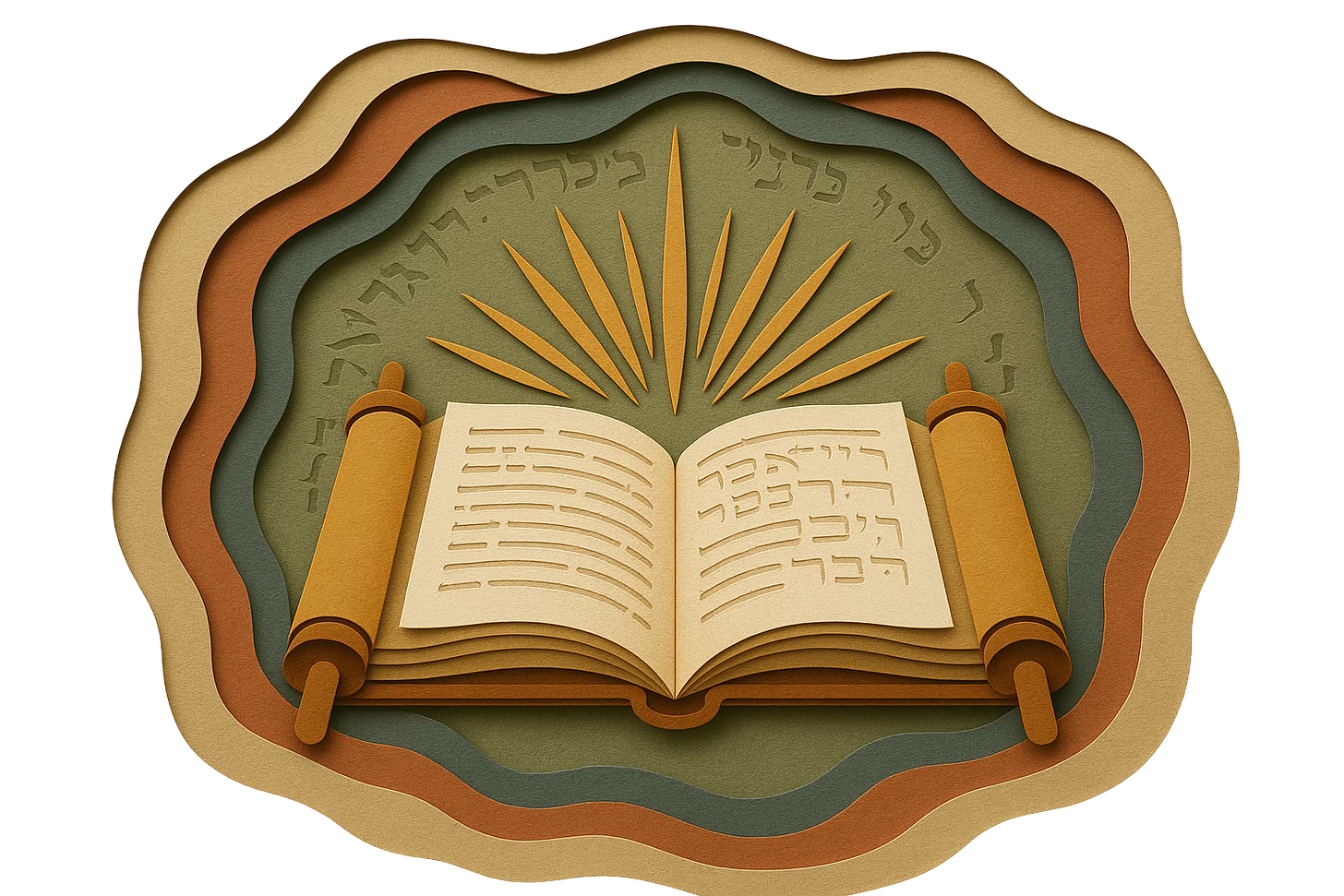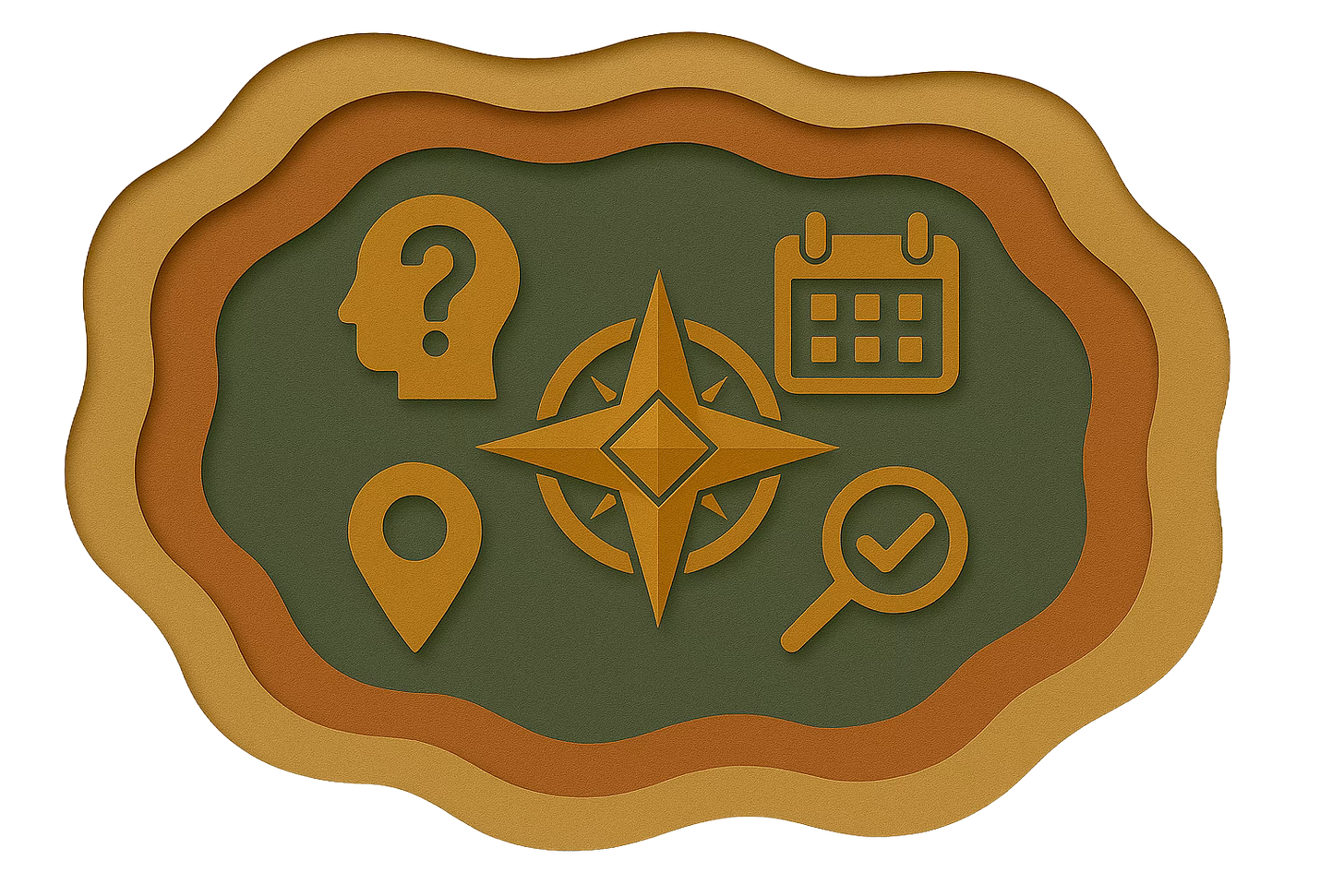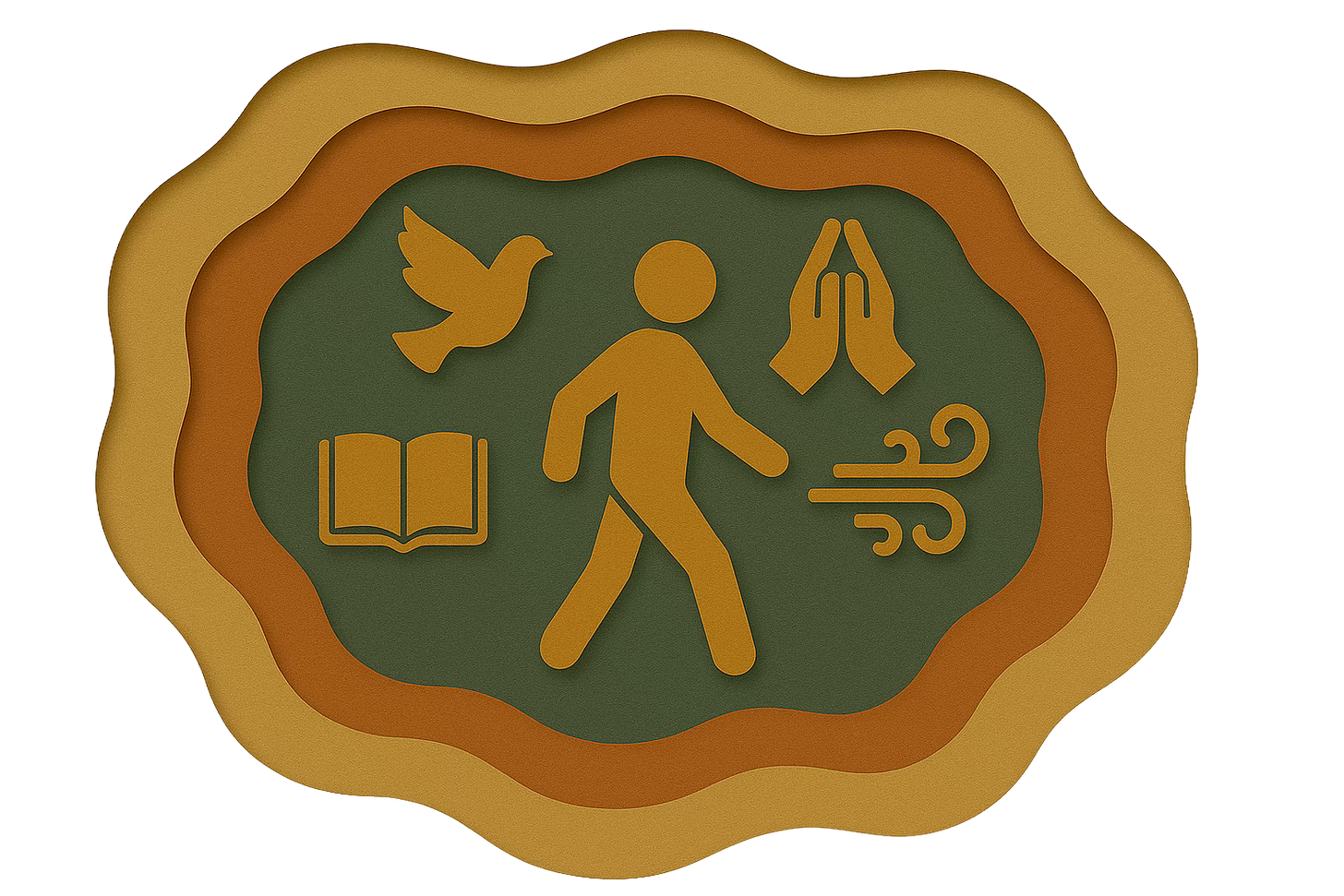Living Water at the Margins: Yeshua, the Samaritan Woman, and the Wellspring of True Worship
How the Messiah crosses ancient boundaries, heals old wounds, and invites every outcast to the heart of God.
Living Water at the Margins: Yeshua, the Samaritan Woman, and the Wellspring of True Worship
Weekly Series | John 4:1–42
How the Messiah crosses ancient boundaries, heals old wounds, and invites every outcast to the heart of God.
Scripture: The Living Word
Key Passage
Key Verses
“He had to pass through Samaria.” (John 4:4)
“If you knew the gift of God... you would have asked him, and he would have given you living water.” (John 4:10)
“You Samaritans worship what you do not know; we worship what we know, for salvation is from the Jews.” (John 4:22)
“True worshipers will worship the Father in spirit and truth.” (John 4:23)
“Many Samaritans... believed in Him because of the woman’s testimony.” (John 4:39)
Context: Behind the Words
A Story at the Crossroads of Shame and Hope
Yeshua didn’t avoid Samaria like most Jews. He “had to go through” it—not for geography, but for grace. There, at Jacob’s well, He meets a woman with a complicated history. What unfolds is not just personal healing—it is a moment of covenantal significance that opens the gates of salvation to a people long divided from Jerusalem.
Jews and Samaritans: A Family Divided by Worship and Identity
Shared Roots: Samaritans descended from the northern tribes of Israel but were heavily influenced by Assyrian settlement after 722 BCE (2 Kings 17). Their faith retained a memory of Yahweh, but mixed it with foreign customs and sacrifices.
Scriptures: Samaritans accepted only the Torah (Genesis–Deuteronomy), rejecting the Prophets and Writings, which held key messianic prophecies and covenantal developments recognized by the Jews.
Worship Site: Samaritans claimed Mount Gerizim—near ancient Shechem—as the true holy site. They built a temple there in the 5th century BCE, which was later destroyed by the Jewish Hasmoneans (128 BCE). Jerusalem, to them, was illegitimate.
Messianic Expectation: Samaritans awaited the Taheb, a prophet like Moses (Deuteronomy 18:15), not a Davidic king. He would come to restore true worship and purify the people.
Mutual Contempt: Jews saw Samaritans as heretical, unclean, and ethnically mixed. Samaritans viewed Jews as having added human traditions and corrupted the faith.
In this context, Yeshua—a Jewish rabbi—asking a Samaritan woman for water, and then revealing divine truth, shatters centuries of hostility.
At the Well: Living Water and Her Story
As the midday sun beats down, the woman approaches the well alone—an unusual time for drawing water, likely to avoid others. Yeshua initiates conversation: “Give me a drink.” With those few words, He crosses every barrier—ethnic, religious, and gendered.
He then offers her something deeper:
“If you knew the gift of God... you would have asked Him, and He would have given you living water.” (John 4:10)
In Hebrew imagery, “living water” refers to flowing, fresh water—not stagnant, not man-made, but divinely sourced. It echoes Yahweh’s words in (Jeremiah 2:13), where He is called “the fountain of living waters.”
Intrigued, she says, “Sir, give me this water.” Yeshua responds unexpectedly—not with more theology, but with a request that pierces her soul:
“Go, call your husband.” (John 4:16)
When she answers, “I have no husband,” Yeshua gently reveals:
“You are right... you have had five husbands, and the one you now have is not your husband.” (John 4:17–18)
This is not condemnation—it is compassionate exposure. In Jewish and Samaritan thought, five marriages could symbolize broken covenants, abandonment, or personal loss. Some scholars also note that Samaria itself had "married" foreign powers and gods, mixing true worship with idolatry (2 Kings 17).
Yeshua’s insight into her life isn’t a rebuke—it’s an invitation. He sees her, knows her, and still offers her living water. Her response is telling: she shifts the conversation to worship—perhaps to deflect, but also because she senses this man speaks from divine authority.
And Yeshua responds with one of the most profound theological revelations in all of Scripture:
“The hour is coming when you will worship the Father neither on this mountain nor in Jerusalem... God is Spirit, and those who worship Him must worship in spirit and truth.” (John 4:21–24)
Word Study: The Language of New Life
Living Water
Greek: ὕδωρ ζῶν (hydōr zōn)
Hebrew: מַיִם חַיִּים (mayim chayim)
Symbolizes Yahweh’s Spirit—ever flowing, cleansing, restoring (Ezekiel 47)
Worship
Greek: προσκυνέω (proskuneō)
Hebrew: שָׁחָה (shachah)
Means to bow down in body and spirit; surrender in love and awe.
Salvation
Greek: σωτηρία (sōtēria)
Hebrew: יְשׁוּעָה (yeshuah)
From the same root as Yeshua’s name—wholeness, rescue, restoration through Israel’s Messiah.
Spirit and Truth
Spirit: πνεῦμα (pneuma) / רוּחַ (ruach) — Yah’s active, indwelling presence
Truth: ἀλήθεια (alētheia) / אֱמֶת (emet) — Faithfulness, divine reliability, covenant reality
Covenant: The Relational Core
Here is your passage with hyperlinks added only to the book, chapter, and verse references (ESV via BibleGateway):
Yeshua’s words to her are striking:
“You worship what you do not know; we worship what we know, for salvation is from the Jews.” (John 4:22)
He doesn’t affirm Samaritan worship—He corrects it. But He does so without rejection. He speaks truth in invitation.
“Salvation is from the Jews” is a covenantal declaration. It affirms that:
The covenant with Abraham (Genesis 12:3)
The giving of the Torah (Exodus 19–20)
The Temple, the sacrifices, the prophets
And ultimately, the Messiah Himself
…all flowed through Israel, not because of superiority, but because of divine election for the sake of the world.
“In you all nations of the earth will be blessed.” (Genesis 12:3)
Yeshua honors the Jewish foundation while also extending the invitation beyond it, fulfilling Isaiah’s vision:
“My house shall be called a house of prayer for all nations.” (Isaiah 56:7)
By declaring that “the hour is coming” when true worship won’t be about Gerizim or Jerusalem, He re-centers worship on the Spirit and the truth—accessible not through ancestry but through covenant relationship.
Practice: Living It Out
Practical Example:
We often limit salvation to those who “worship the right way” or “come from the right background.” But Yeshua didn’t wait for the woman to correct her doctrine or fix her life—He met her at the well, as she was. He didn’t lower the standard; He redefined the invitation.
3 Takeaways:
Yeshua affirms the Jewish foundation while offering salvation to all—He is both fulfillment and invitation.
True worship is no longer based on sacred geography, but on the presence of the Ruach (Spirit) and the foundation of truth.
The gospel is not a break from the Old Testament—it is the flowering of Yahweh’s covenant through Israel, now extended to the world.
Discussion Questions:
What do we learn about Yeshua’s heart from how He interacts with this Samaritan woman?
Why is it important to understand the Jewish roots of salvation?
How does this story challenge religious or cultural boundaries you’ve accepted?
What might “worship in spirit and truth” look like in your own life?
How does understanding the Samaritans' background change how you read this encounter?
Seven-Day Practice Rhythm
🪞 For Yourself
Day 1: Reflect on any ways you’ve felt like an outsider to faith. Ask Yeshua to meet you there.
Day 2: Identify a personal “well” you return to for satisfaction—then bring it before Yahweh.
🤝 For Others
Day 3: Engage someone whose background, denomination, or tradition differs from yours. Listen without correction.
Day 4: Share your own brokenness and how Yeshua met you there. Don’t sanitize your story.
🙏 With Yah
Day 5: Pray through John 4:22–24. Ask to worship more fully in spirit and truth.
Day 6: Read Genesis 12:3 and Isaiah 56:7. Give thanks that salvation flows from Yahweh through Israel to you.
🌿 Sabbath Reflection:
Pause. Let the living water of the Spirit refresh you. Reflect on what boundaries Yeshua has already crossed to find you—and who He’s calling you to reach.
Closing Blessing
May the One who met a rejected woman at a forgotten well meet you in your thirst. May you worship not out of ritual or location, but with Spirit-filled truth. And may your story—like hers—become a river of life to those still waiting at the margins.






